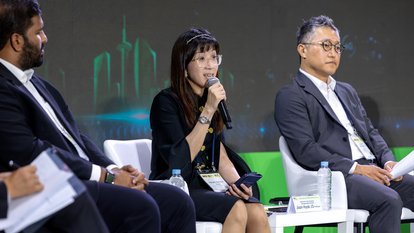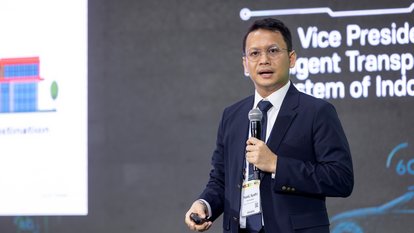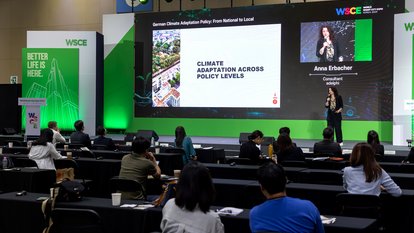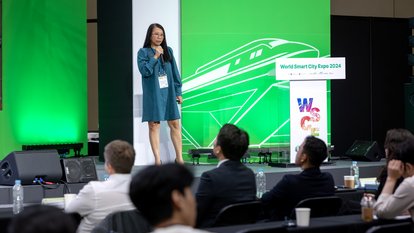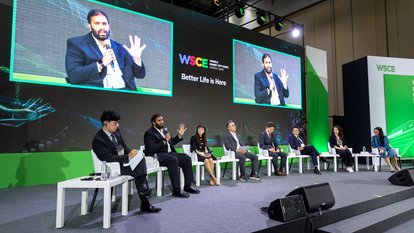Smart Cities
Korean-German-ASEAN Smart City Forum
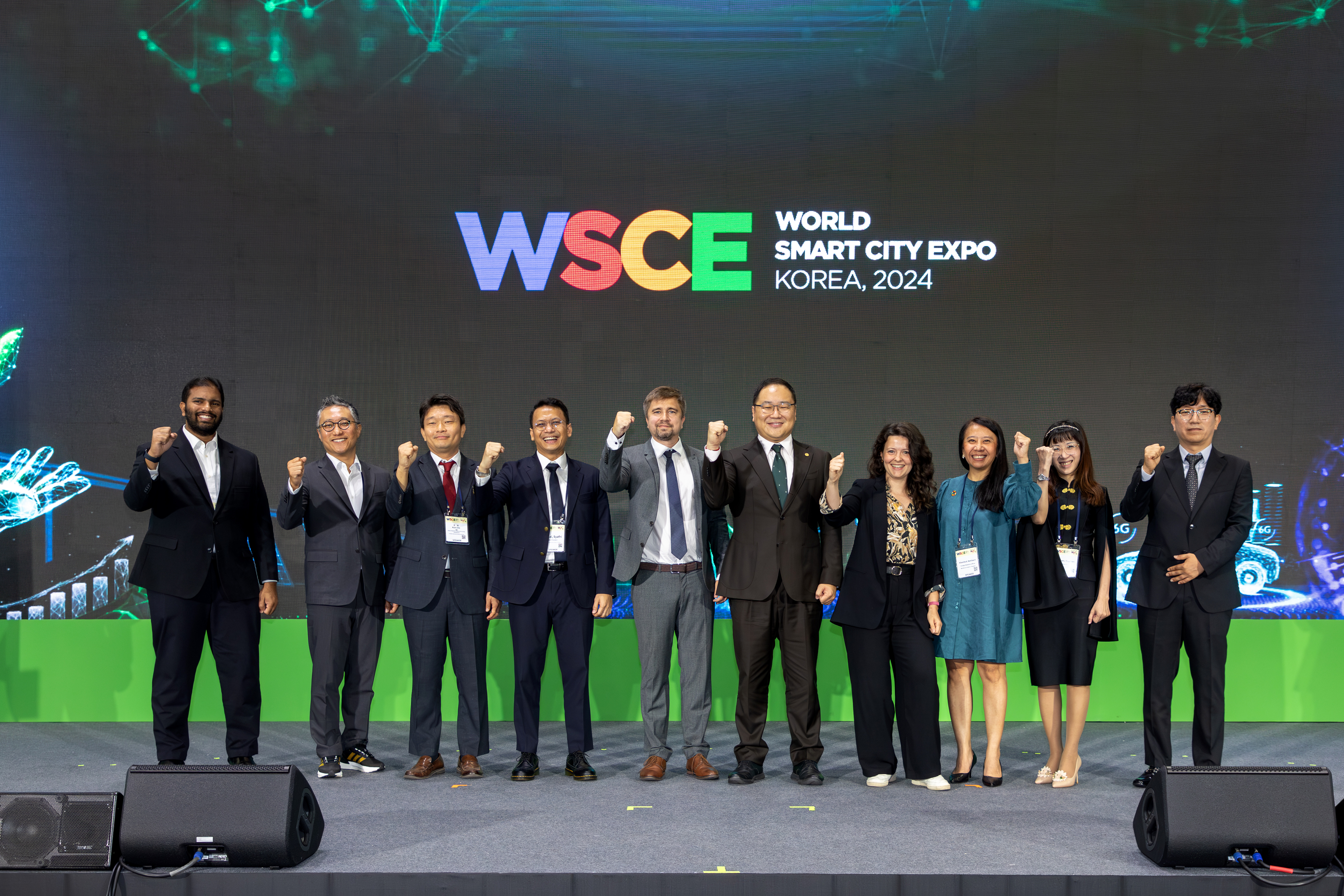
On September 5, 2024, FNF Korea and GIPA hosted the "Korean-German-ASEAN Smart City Forum" at KINTEX as part of the World Smart City Expo (WSCE 2024).
© FNF KoreaOn September 5, 2024, the Friedrich Naumann Foundation for Freedom Korea office (FNF Korea) and the Goyang Industry Promotion Agency (GIPA) hosted the "Korean-German-ASEAN Smart City Forum" at KINTEX as part of the World Smart City Expo (WSCE 2024). The forum brought together experts from South Korea, Germany, and ASEAN nations to explore sustainable smart city models focusing on mobility innovations and climate resilience.
This forum was a direct outcome of a partnership established between FNF Korea and GIPA earlier this year. Following a Memorandum of Understanding signed in July, both organizations worked to create a platform for knowledge sharing and collaboration on smart city solutions. Under the theme "Sustainable Smart City Models: Smart Mobility & Climate Resilience," discussions centered on how cities can innovate in mobility systems, build climate-resilient urban environments, and address common urban challenges through international cooperation.
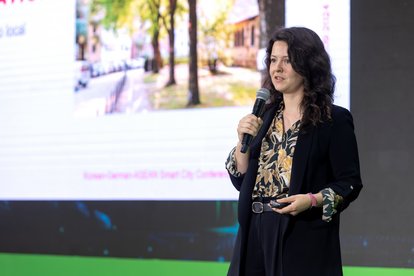
Anna Erbacher from Adelphi, Germany
© FNF KoreaThe forum was divided into two key sessions, each addressing different aspects of smart city development:
Session 1: Innovative Mobility System
-
Kuk Cho, Head of Mobility Infrastructure at LX Spatial Information Research Institute, presented on building an efficient smart city ecosystem through future mobility and data-driven services. He introduced Korea’s approach to autonomous mobility and emphasized the importance of digital twin data in managing future transportation systems. Cho discussed how digital twin technology, combined with mobility data hubs, can enhance sustainable urban services while integrating environmental, social, and governance (ESG) considerations
-
Syafri Yuzal, Vice President of the Intelligent Transportation System of Indonesia, discussed Indonesia’s ambitious commitment to achieving net-zero emissions by 2060. His presentation highlighted Indonesia's strategies to reduce emissions, including expanding renewable energy, promoting electric vehicles, and implementing Jakarta’s Integrated Transportation System (Jaklingko). This system aims to reduce congestion, increase public transit usage, and lower transportation costs, all while contributing to a cleaner environment.
Session 2: Climate Resilience and Sustainable Urban Development
-
Anna Erbacher from Adelphi, Germany, presented on Germany’s climate adaptation policies, outlining how the country’s federal system enables coordination across national, state, and local levels. She discussed the German Climate Adaptation Strategy, which includes clear targets and action plans. A new Climate Adaptation Law, implemented in July 2024, ensures all regions develop localized adaptation strategies by 2027. At the local level, municipalities are tasked with creating climate adaptation concepts that assess risks, propose measures, and coordinate efforts across various departments. To assist, Germany’s Climate Change Adaptation Centre, launched in 2021, offers free advisory services to municipalities.
-
Dr.-Ing. Rattikarn Khambud, Foreign Relations Officer from Thailand’s Ministry of Interior, introduced Thailand’s efforts in sustainable urban and rural development. She discussed how Thailand is integrating blue-green infrastructure for flood risk management, promoting urban-rural connectivity, and enhancing localizing Sustainable Development Goals (SDGs) to balance urban growth with environmental conservation.
The panel discussion, moderated by Shinwon Park of the Korea Land & Housing Research Institute, brought together diverse voices to explore practical strategies for sustainable urban development. Panelists included Jun Hyuk Jo, Professor of Urban Engineering at Gyeongsang National University; Saiful Adib bin Abdul Munaff, COO of the Malaysian Green Technology and Climate Change Corporation; and Nguyen Truc Van, Director of the Centre for Socioeconomic Simulation and Forecast of Ho Chi Minh City. Their insights provided valuable perspectives on the unique challenges faced by different regions and underscored the importance of collaborative, cross-border approaches to building smart cities.
*Lin Choi is the Program & Communications Officer of the Friedrich Naumann Foundation for Freedom Korea office

